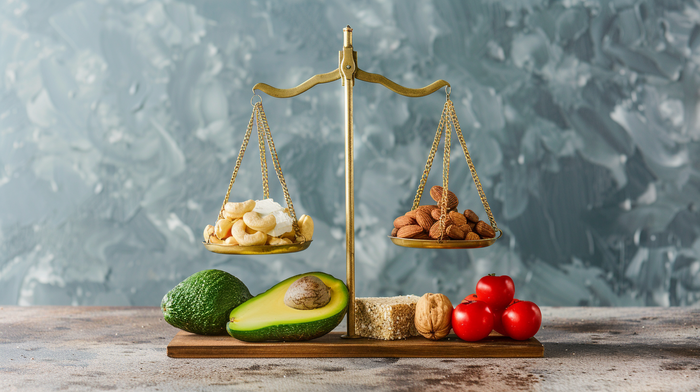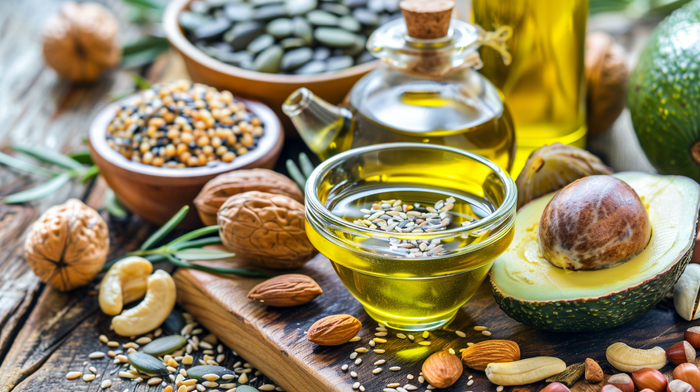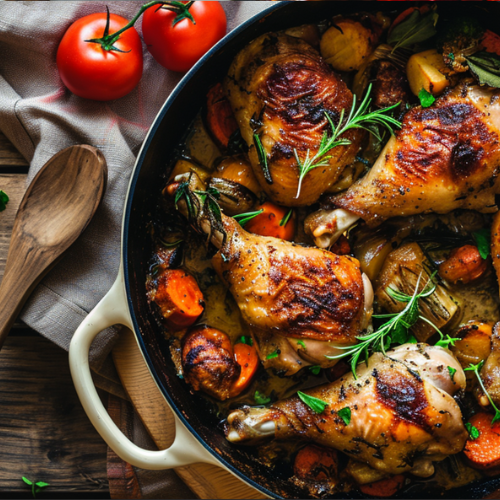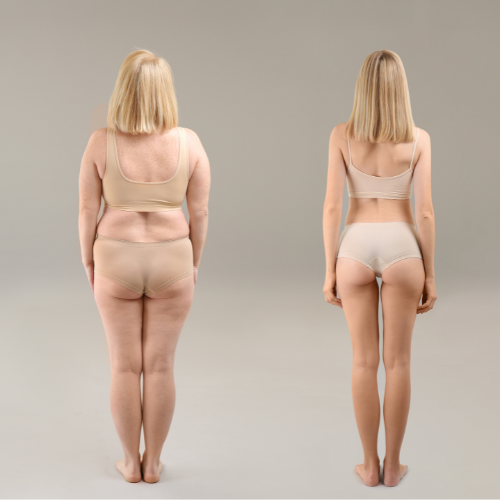Avoid these fats if you want to lose weight!

When we make an attempt to lose weight, we often focus on limiting caloric intake and increasing physical activity. However, it is equally important to pay attention to the types of fats we consume on a daily basis. Not all fats are created equal - some can support our weight loss efforts, while others only hinder them. In this article, we will take a closer look at which fats we should avoid in order to make the weight loss process smoother and healthier.
Trans fats - enemy number one
Trans fats are considered among the most harmful to our health. They are formed in the process of hardening vegetable oils, which increases their shelf life and improves the texture of products. Unfortunately, the consumption of trans fats is associated with a number of negative health effects, including an increase in bad cholesterol (LDL), a decrease in good cholesterol (HDL), and an increased risk of developing heart disease, type 2 diabetes and obesity. Products rich in trans fats are mainly fast food, snacks such as chips, cookies, crackers and some margarines and prepared foods.

Saturated fats - limit, but don't eliminate
Saturated fats, while not as harmful as trans fats, should also be consumed in moderation. They are mainly found in animal products, such as red meat, butter, lard and full-fat dairy products. Saturated fats can contribute to increased levels of bad cholesterol in the blood, which in turn increases the risk of heart disease. However, this does not mean that we should completely eliminate them from our diet - they are also a source of important nutrients. The key is moderation and choosing products lower in these fats.

Which fats to choose?
While focusing on reducing unhealthy fats, let's not forget those that are beneficial to our health. Monounsaturated and polyunsaturated fats help lower bad cholesterol and are a source of valuable omega-3 and omega-6 fatty acids, which can be found in olive oil, nuts, seeds, avocados and fatty fish such as salmon, mackerel and sardines. By including these foods in your diet, you not only support weight loss, but also take care of your heart health.

Practical tips
Here are some practical tips for reducing your intake of unhealthy fats and replacing them with healthier options: Read product labels to avoid those that contain trans fats. Choose leaner versions of meats and low-fat dairy products. Cook and bake instead of frying. Use olive oil instead of butter. Include more fish, nuts, seeds and avocados in your diet. Remember that changing eating habits is a process that takes time. Don't be discouraged by minor stumbling blocks and strive to develop healthy, balanced habits that will help you achieve and maintain your dream weight.
Summary
The right choice of fats in the diet is crucial not only for those seeking to reduce weight, but for anyone concerned about health. Avoiding trans fats and limiting the intake of saturated fats, while including monounsaturated and polyunsaturated fats in the diet, can make a significant contribution to our health and well-being. Remember that every change starts with small steps, so don't be discouraged by initial difficulties. Over time, healthy choices will become your habit, supporting you on your way to better well-being and your dream figure.




